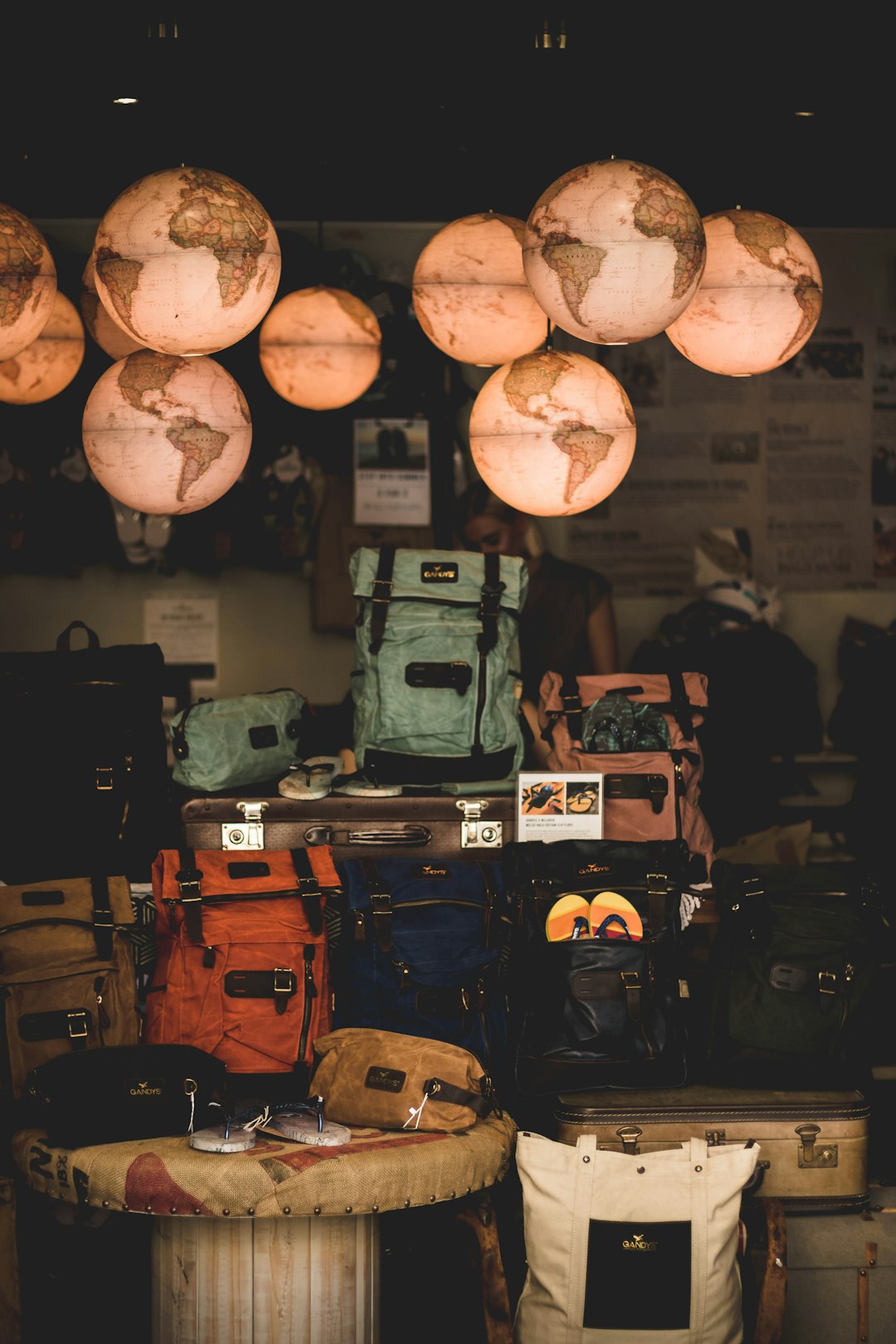
Essential Travel Tips for Digital Nomads: Embrace the Freedom
# Introduction. The rise of remote work has opened up the world for digital nomads, allowing them to explore new destinations while maintaining their careers. As thrilling as this lifestyle can be, it poses unique challenges that require a strategic approach for successful navigation. Whether you’re a seasoned adventurer or taking your first leap into the nomadic lifestyle, having the right set of travel tips can be invaluable. This blog will cover essential travel tips for digital nomads, ensuring that you can travel freely while staying productive. # Finding the Right Destination. Choosing the right location is crucial for any digital nomad. Many opt for places known for their affordable cost of living, vibrant culture, and fast internet. Cities like Bali, Lisbon, and Chiang Mai have become hubs due to their welcoming atmosphere for remote workers. It is essential to conduct thorough research on the destination before committing to a long-term stay. Investigate the availability of coworking spaces, community events, and reliable internet. Additionally, consider the local culture and language, as integrating into the community can greatly enhance your experience. With tools like Nomad List, you can easily compare various cities based on factors that matter most to you. # Budgeting Wisely. Budgeting is a foundational aspect of a nomadic lifestyle. It’s easy to lose track of expenses when traveling, so establishing a solid budget before you head off is critical. Consider setting aside funds for accommodation, food, transportation, and any extracurricular activities you want to enjoy. Many digital nomads utilize budgeting apps like Mint or YNAB (You Need A Budget) to keep track of their finances. Make sure to include the cost of coworking spaces in your budget as well, as it can vary significantly from one destination to another. Additionally, be prepared for unexpected expenses, such as medical emergencies or travel delays, by creating an emergency fund. # Staying Connected: Tech Essentials. Digital nomads rely heavily on technology. To ensure that you can work anywhere, equip yourself with the right tools. Invest in a quality laptop, portable Wi-Fi devices, and essential software. Depending on your line of work, consider cloud storage services like Google Drive or Dropbox for easy access to your files. Additionally, staying connected requires consistent internet access. Before moving to a new destination, research local SIM card providers for data plans or consider using a global SIM card for flexibility. Many cafes, libraries, and coworking spaces offer free Wi-Fi, but having a backup option is essential for uninterrupted work. # Building a Community. Loneliness can be a significant hurdle for digital nomads. To counter this feeling, it’s essential to build a community wherever you go. Leverage social media platforms like Facebook groups or Meetup to connect with fellow travelers and remote workers in the area. These gatherings often include group activities, co-working sessions, or social meetups, providing a great way to network and make friends. Engaging with local communities can also enhance your travel experience. Attend events, try local activities, and immerse yourself in the culture of your new home. This dual approach of connecting with both fellow nomads and locals can enrich your time away and provide a support system. # Maintaining Work-Life Balance. While it’s tempting to work during every waking hour as a digital nomad, maintaining a healthy work-life balance is crucial for productivity and well-being. Establish clear work hours and stick to them. Set specific goals for what you want to achieve each day, but also allocate time for exploration and relaxation. Create a designated workspace, whether it’s from your accommodation or a nearby coworking space, to help separate work from leisure. Setting boundaries can make a significant difference in your productivity levels and overall happiness while living this lifestyle. # Conclusion. Embarking on a journey as a digital nomad can be one of the most liberating experiences of your life, but it requires careful planning and adaptability. By choosing the right destinations, budgeting wisely, staying connected with technology, building a community, and maintaining a balanced lifestyle, you can make the most out of your adventures. The world is out there, waiting for you to explore, so equip yourself with the knowledge you need to thrive as a digital nomad. .









